Hugely challenging’ but ’very exciting and rewarding’ is how Maxol chief operating officer Brian Donaldson describes the brand transformation process that has engrossed the oil company over recent months. Family-owned Maxol invested £12m upgrading and expanding its retail business in 2012, acquiring five new forecourts and starting the roll out of its vibrant new ’brio’ image across the network of 225 service stations, including 125 dealer sites.
The Maxol Group has also put in place plans to invest a further £28m intensifying the expansion of its retail network and re-imaging programme, which it expects will generate additional annual sales of around £80m. A sum of £6m has been spent on the rejuvenation of the Maxol brand, and some 60 sites have already been re-imaged, with the remainder on course to get the new livery by the end of 2014, at a rate of nine sites per month.
The new Maxol ’At the heart of it’ brand proposition has been designed to foster closer ties with its customer base. New canopy signage states ’Proud to be part of the community’, and exit signs say ’Safe journey. See you soon!’ A full suite of new pos material, comprising 45 different product- or service-related messages, is available to dealers.
"We’ve made a real change to the tone and voice of Maxol," explains Donaldson. "We’ve taken away the corporate voice and become more friendly and welcoming. The brand audit we carried out in 2011 revealed that people felt Maxol was a very trusted brand the Volkswagen of the forecourt industry but not particularly exciting so we needed to reinvent ourselves and make the brand more appealing to younger people of both genders.
"The process is hugely challenging to say the least but it’s very exciting and rewarding. We’ve had massive positive feedback from customers and retailers. When you’re operating in this economic climate, good news is few and far between."
Last year also saw the opening of Maxol’s first two unmanned service stations in Northern Ireland. The Maxol Auto24 unmanned concept, which was first trialled in Carryduff, East Belfast, and then rolled out to Shore Road in Belfast in October 2012, has been developed to complement the company’s traditional forecourt/convenience store model. "Unmanned is not where we see the future we’re just making the best use of the land bank we have," says Donaldson. "Where we have a surplus property that has limited alternative use value and is unviable under the traditional format because of supermarket competition, we do a full evaluation to see if it will stand the investment to become an unmanned site. There are lots of hidden costs of maintaining and securing a land bank so if we can turn a property into a profitable business by going unmanned, surely that has to be part of any strategy."
Maxol expects to eventually have six to eight unmanned sites in the network. It already has one more in the planning on Holyrood Road in Belfast, and another earmarked for Dublin. Donaldson says the key to the unmanned model is to price fuel keenly and keep operating costs to a minimum, while making clever use of IT and technology to ensure the site runs smoothly.
Large format signage across the forecourt gives motorists clear instructions on how to operate the fuel pumps and car wash facilities, and Maxol continues to promote its ’Fuels you can trust’ message, as laundered fuels remain a constant problem throughout Ireland.
"The Auto24 model promises low fuel prices all day, every day," says Donaldson. "A car wash can be purchased at the pump, and we’ve tried to make everything as simple as possible with clear instructions and icons. We offer just a single car wash programme, the deluxe car wash for £3.50, which keeps things convenient.
"With unmanned, you’ve got to guarantee that you’re always open and ready for business, and are consistently competitive on price," he adds. "From our point of view, it also extends the Maxol brand into sites that were formerly closed, and we want to be seen to be at the forefront of the industry by offering a different kind of fuel service to our customers. We’re moving the brand perception from being extremely well trusted to being innovative as well."
The traditional forecourt/convenience model continues to be the backbone of the Maxol network and company-owned stores are operated under licence. Established supply partnerships with Hendersons in Northern Ireland and BWG Foods in the Republic of Ireland means that its stores are professionally run outlets with an emphasis on fresh, and a strong slant towards value items.
In the Republic, Maxol has recently agreed with Mace to co-brand all of its shop fascias under the Maxol/Mace banner. "This move is not just about putting our brand on the shop fascia," says Donaldson.
"We’ve changed the whole style and presentation in store with our own design for off licence, counter and café/deli offer under the Moreish brand."
The company has worked with Cuisine de France to create a healthier product range. The new Moreish brand is likely to start rolling out across the network in the republic and potentially at selected stores in Northern Ireland within six months.
Donaldson says competing with supermarkets is even more difficult in Northern Ireland than it is in Great Britain (GB). There are 650 forecourts servicing a population of just 1.7 million, and 34 of those sites are supermarket-owned. "When you see the cake shrinking but competition continuing to be as intense as ever, it’s challenging. Northern Ireland has a disproportionate number of sites versus population. It’s a very different market to GB. The average throughput is much less, making it hard to compete with supermarkets.
"The price of fuel is expensive and it’s likely to continue to increase at the same level," he adds. "Motorists are cutting down on consumption because fuel prices are so high and, at the same time, public transport is more available."
But the oil company is not disheartened by the industry’s challenges. While many major oil companies have pulled out of retailing, Maxol is seeking to expand its network and has set itself a target of acquiring 15 company-owned sites in the next two to three years. A recent campaign has invited dealers who might be looking to retire or get out of the market to contact Maxol.
"Our preference is to look at good, established business where we believe we can add value. We’re now assessing the sites that have already come forward but it’s an ongoing process. We will look at greenfield and brownfield sites but that would be more like investing for the future because by the time you have planning, you might not see those sites come to market for two or three years.
"We’re one of the last true oil companies left in Ireland in terms of wholesaling our own product and owning retail assets. The landscape has changed dramatically with many of the multi-national oil companies leaving the shores of Ireland. Homegrown brands have emerged out of acquisitions and today hold a growing share of the market. Because major brands have retrenched, it’s no surprise that we are seeing the emergence of other companies who want to do things slightly differently."























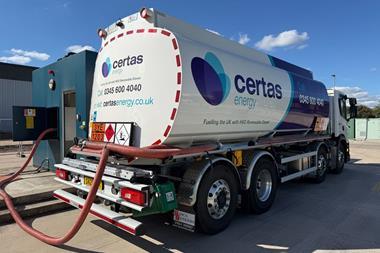
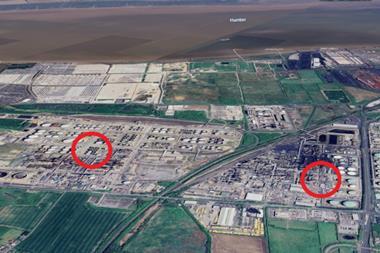
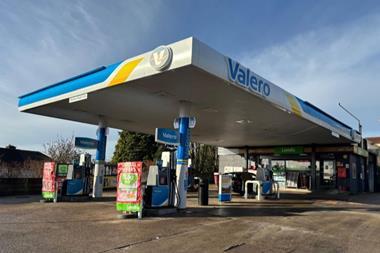
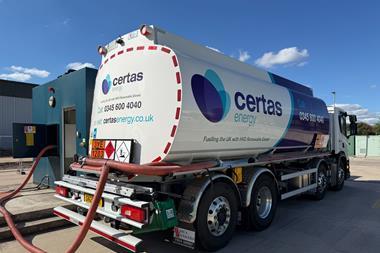
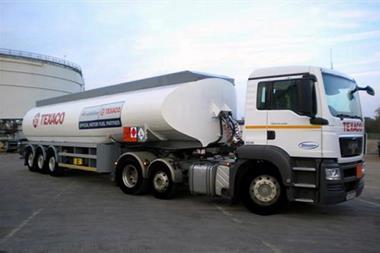
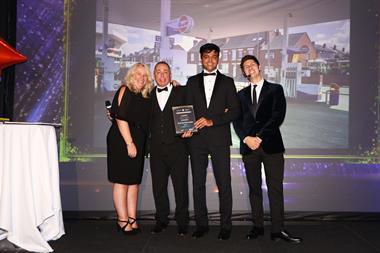
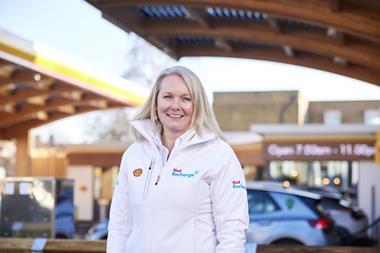
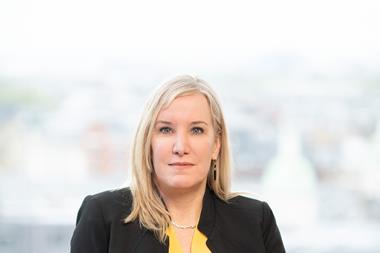
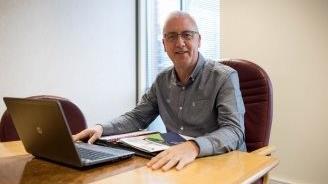
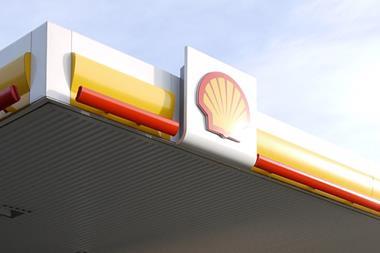
No comments yet